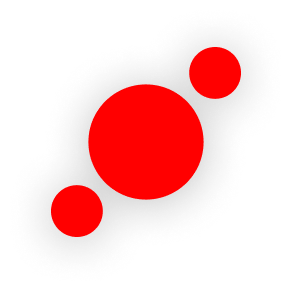Exploring Food Frequency Questionnaires: Insights from Experts
Food Frequency Questionnaires (FFQs) have long been a cornerstone of dietary assessment, but their accuracy and usefulness remain subjects of debate. We spoke with Aitor Viribay Morales, Lead Human Science at Ineos-Grenadiers Cycling Team and Sports Performance Advisor at Calorify, and Justin Ryder, Vice Chair of Research for the Department of Surgery at Lurie Children's Hospital and Clinical Research Advisor at Calorify. to offer perspectives on FFQs..
Below, they share their opinions, suggestions for alternatives, and resources for further reading.
Q: What’s your opinion on food frequency questionnaires? Are they accurate? Useful?
Aitor Viribay Morales:
"They have always taught us the importance of food questionnaires in the university. The reality is that the more you see, the more experience you get in your profession and practices, the more you realise food questionnaires are only for certain scenarios.
They are a very good tool for population studies (cohorts, longitudinal, observational) as they are easy to execute, they gather a lot of info, and they can map out tendencies of the population. However, they are not accurate to define little groups’ practices and not valid to detect minor changes (for this we normally use 24-48h registers)."
Justin Ryder:
"I think FFQs are useless in just about every way. They work on a population scale to some extent to identify trends, but in general they are not accurate, subject to significant reporting error, bias of interpretation, overestimate food quality, and underestimate caloric intake. I try to not use them if at all possible."
Q: What would be a good substitute for the types of information you’re looking for with a food frequency questionnaire, if any?
Aitor Viribay Morales:
"It all depends on the population and number of subjects. Ideally, 48h registers are much more valid, and nowadays even 7-day food questionnaires are more useful. However, these require much more attention and effort from the subject."
Justin Ryder:
"DLW (Doubly Labeled Water) is a great alternative to measure caloric intake accurately. While this will not capture micronutrients, you can measure deficiencies in those through normal labs."
Q: Are there any academic papers or resources that support your view?
Aitor Viribay Morales:
"The first one (Ralph et al) is a common one that is used as an example in universities as it has a very interesting table where you can see cons and pros (it’s based on clinical practices). Also, please check this useful reference: https://epi.grants.cancer.gov/diet/screeners/.
Some other references:
Justin Ryder:
Here are some good papers on the issue:
FFQs remain a contentious tool in dietary assessment. Aitor acknowledges their usefulness for large-scale population studies but recommends more precise methods, such as 48-hour or 7-day food logs, for smaller groups. Meanwhile, Justin critiques FFQs as highly flawed and emphasizes the accuracy of DLW for measuring caloric intake. Both experts agree that context is key when choosing a dietary assessment method.
For researchers and practitioners, these insights highlight the need to balance ease of use with accuracy in dietary studies.


